MODIFICATIONS OF THE GASTROINTESTINAL MICROBIOTA HAS HUGE IMPACT ON BEHAVIORAL RESPONSES
01/30/2020
Kitti Mintál1, 2, Attila Tóth1, 2, Anita Kovács1, 2, Edina Hormay1, 2, Adorján Varga4, Béla Kocsis4, Anita Bufa5, Tamás Marosvölgyi5, László Lénárd1, 2, 3, Zoltán Karádi1, 2, 3
1 Medical School, Institute of Physiology, University of Pécs
2 Medical School, Homeostatic Control Research Group, University of Pécs
3 Szentágothai Research Centre, Molecular Neuroendocrinology Research Group, University of Pécs
4 Medical School, Department of Medical Microbiology and Immunology, University of Pécs
5 Medical School, Institute of Bioanalysis, University of Pécs
The composition and the ecological balance of the gut microbiome are essential for physiological functioning of the organism; therefore, dysfunctions of this system have enormous influences on the peripheral, and the central regulatory processes, too. Recently, several evidences have been proved that modulation of the gut microbiota has broad impact on the central nervous system and leads to behavioral alterations. Therefore, our study main purpose was to explore in adulthood the effect of qualitative and quantitative alterations of the gut microbiome on emotional, cognitive and social behavioral responses. To investigate the impact on these alterations we used adult male Wistar rats. Animals have been separated into four groups: 1. antibiotic treated; 2. antibiotic and probiotic treated; 3. probiotic treated; 4. control. Antibiotic treated groups were given broad spectrum antibiotic mixture, dissolved in their drinking water for 4 weeks. Probiotic treated groups received our mixture, per os every day for 2 weeks (the probiotic mixture of ours contained four beneficial bacterial species). Throughout the whole experiment, fecal samples were collected to monitoring the microbial and the short chain fatty acid alterations. Following the treatments, we carried out behavioral tests. We observed significant differences during the behavioral tests and in the analysis of short chain fatty acids. We identified abnormal behavioral phenomens among the antibiotic treated animals, but these were no longer noticed following the probiotic treatment. These results well demonstrate that alterations of the gut microbiota plays important modulating role in the central regulatory processes of cognitive, social and emotional functions.
